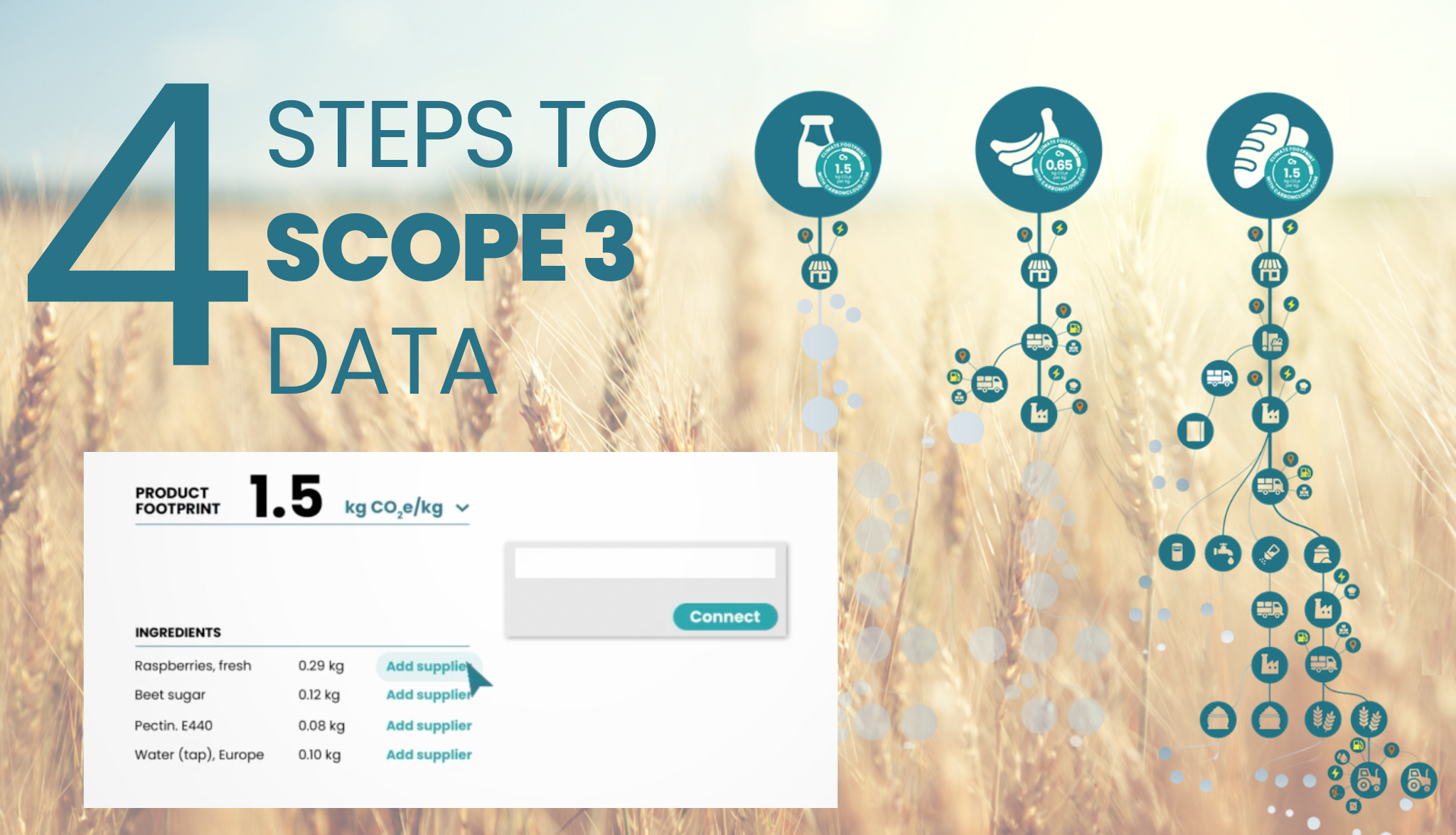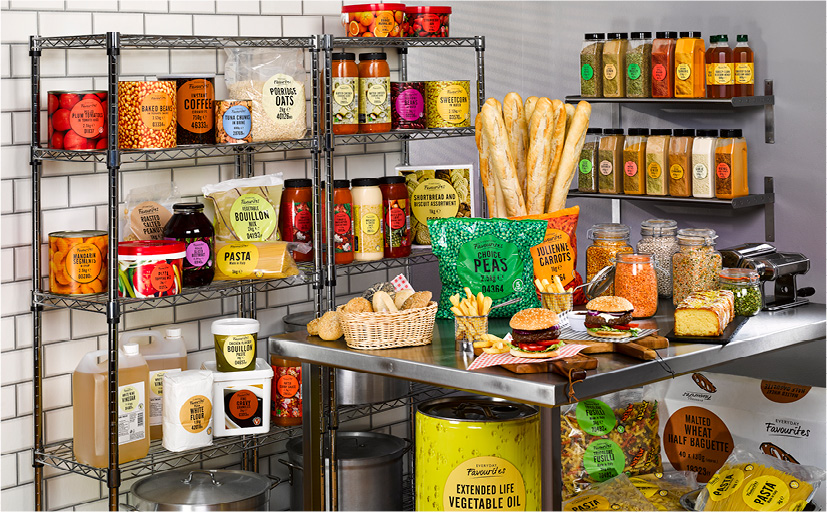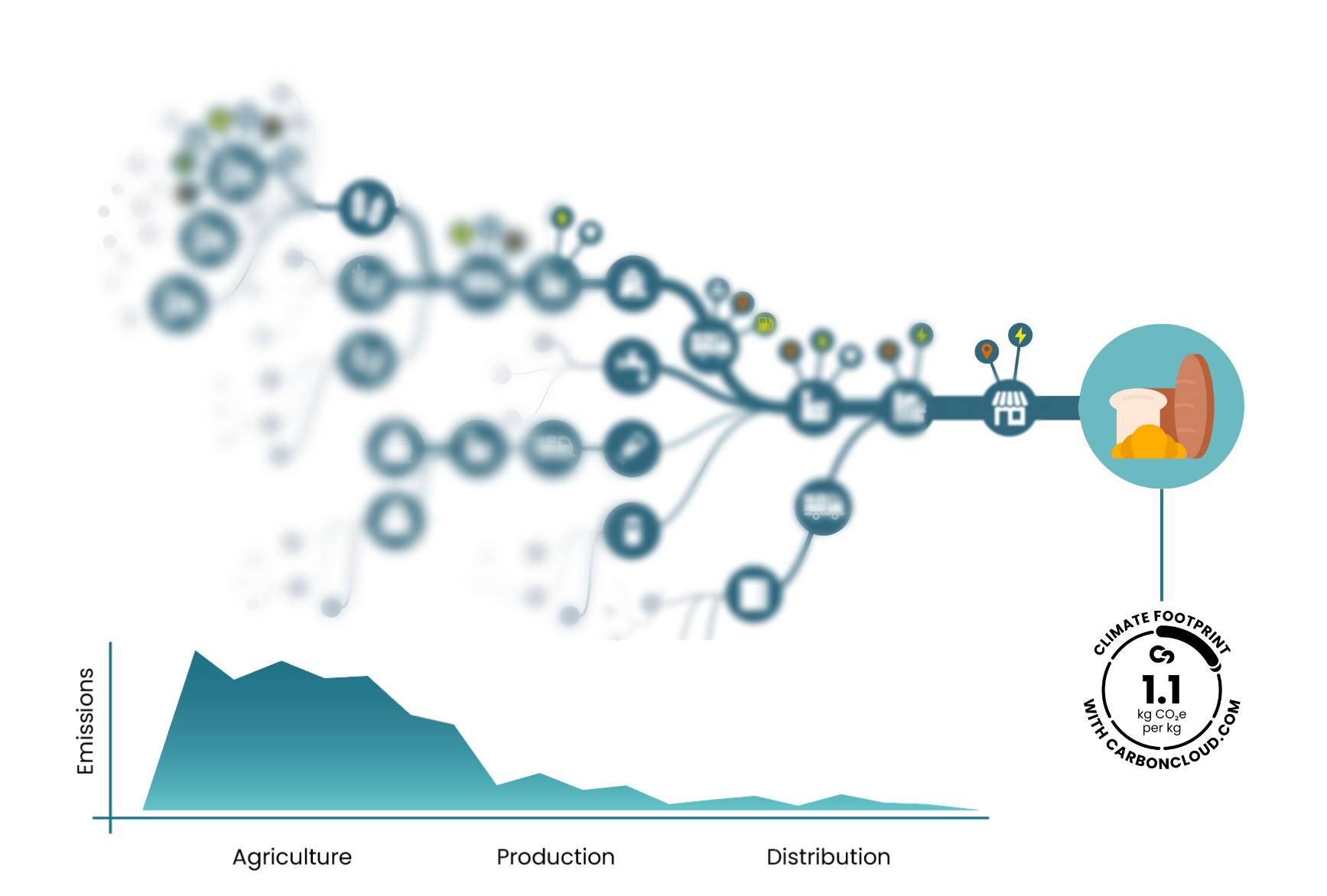UK’s Largest Scampi Producer Goes Climate Transparent
Whitby Seafoods, the largest Scampi manufacturer in the UK, is adding climate transparency to its arsenal of conscious values. Britain’s favourite scampi is the first seafood product in the UK market with a carbon footprint. Calculating emissions from the British Isles waters to finished product is an impactful testament of Whitby’s commitment to sustainable seafood.
Whitby Seafoods have entered into a partnership with CarbonCloud, the food industry’s climate intelligence platform. Whitby Seafoods mapped out the entire supply chain of its scampi products in CarbonCloud’s platform and calculated the emissions at every stage.
As the largest Scampi manufacturer in the UK, we have a responsibility to reduce our impact on the environment. As a local, family business, we are passionate about ensuring the highest quality at every production stage and contributing to our community. It is a natural next step for us to calculate and monitor our footprint on our climate – because we care and need to, in equal parts,
says Edward Whittle,
Business Development & Climate Change Director at Whitby.The results from the analysis give the seafood producer unprecedented insights into its emissions profile. For example, it knows that most of its product’s emissions come from the produce itself. Less than 2 per cent comes from transportation, which is often a topic for public discussion when it comes to food.
I was honestly surprised by some of the results, and it is made abundantly clear that you need solid data to make the right decisions when it comes to the climate
says Edward Whittle
Utilising the insights from the climate footprints and the supply chain mapping, Whitby can now take decisive action towards its primary environmental objectives: Sourcing seafood responsibly, reducing the carbon impact of energy within its operations, and working with supplier’s to reduce their footprint.
Whitby Seafoods is setting the example for an industry with large climate opportunities. We are elated to support the UK’s leading scampi brand in their commitment to climate transparency
says David Bryngelsson,
CEO and co-founder of CarbonCloud.Whitby Seafood’s climate-footprinted scampi is a strong addition to Whitby’s arsenal of sustainable values that cements the brand’s top position of responsibly sourced seafood in the UK.
Newsletter to-go?
Our special today is our Newsletter, including snackable tips, hearty climate knowledge, and digestible industry news delivered to your inbox
About CarbonCloud
CarbonCloud translates decades of climate research into actionable insights for the food industry through a scalable SaaS platform and the world’s largest carbon footprint dataset. SMEs and large enterprise increase transparency throughout the supply chain, in real-time, and at every operational level. CarbonCloud’s customer portfolio includes some of the most committed food companies from around the globe and was founded in Gothenburg, Sweden
About Whitby Seafoods
Whitby Seafoods is a modern family business with a mission to wow customers with great tasting, sustainable seafood. Whitby Scampi is eaten by more Brits than any other brand of scampi and the company makes over one million portions of scampi a week, making Whitby Scampi Britain’s favourite scampi!
The company is rightly proud of this growth and success and have undertaken many projects to support the local community, including the Seafood Social, a social enterprise which aims to tackle homelessness.
Related Posts
UKK har minskat sin klimatpåverkan med 14% med hjälp av CarbonCloud
Uppsala Konferens och Kongress, UKK, beräknade i höstas klimatpåverkan från maten de serverade. Efter resultaten presenterats valde de att justera sina inköp, förändra sina menyer och beräkna
4 steps to Scope 3 data: Roadblocks & how to overcome them
Food & beverage industry + Emissions + Elephant in the room = Supply chain data. Upstream Scope 3 data is a problem the entire food industry has identified but no one has successfully solved – y
Bidfood and CarbonCloud Join Forces to Initiate Transformation in Supply Chain Carbon Management
Bidfood, one of the UK’s leading foodservice providers, has announced a strategic collaboration with CarbonCloud, a pioneer in climate intelligence technology. This partnership marks Bidfood’s
Climate transparency in food supply chains: The biggest need since sliced bread?
For a third year in 2022, climate action failure takes the top spot as the highest- concerning risk in the World Economic Forum’s Global Risk Report [1]. Contributing a third of the global emissions






